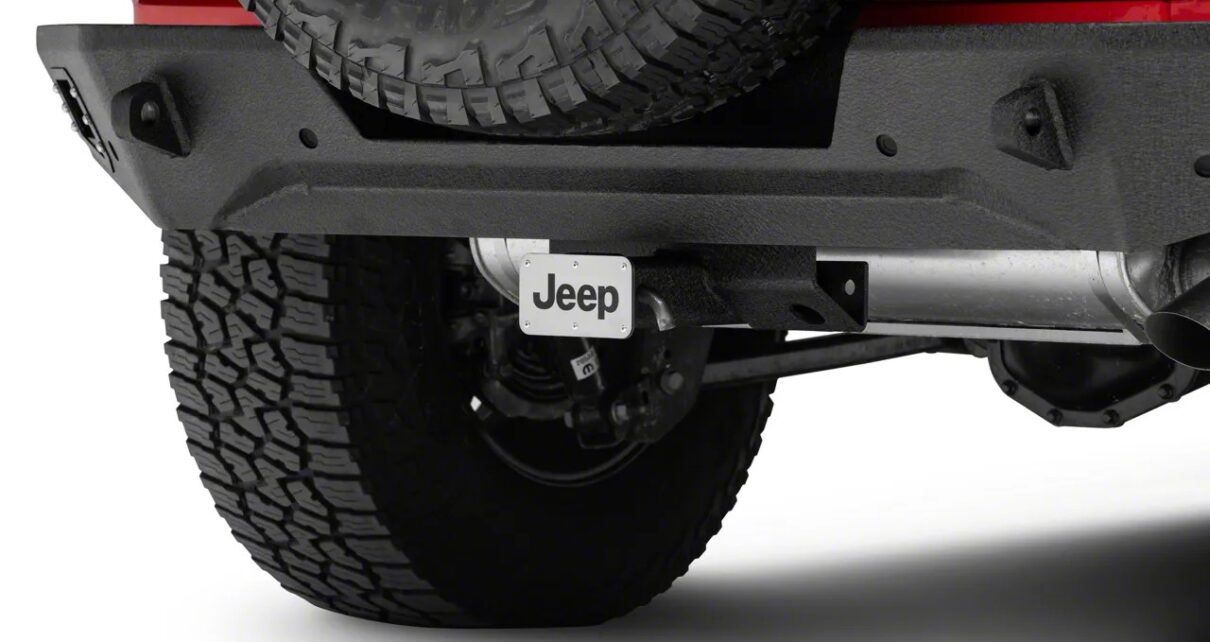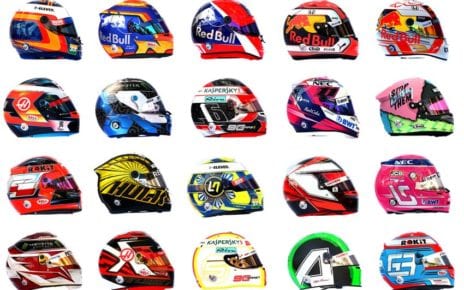Every hitch has its match, and every vehicle its limit. A mismatch between the two isn’t just inconvenient. It can be dangerous. Many drivers underestimate the stress towing places on a vehicle. Before installation, assess the full scope: the trailer’s total load, your car’s specifications, and the demands of long-term use. Missing one detail can mean damaging more than just your bumper.
Towing with a trailer hitch is a practical way to expand your vehicle’s utility, whether you’re hauling a trailer, boat, or camper. But before you attach anything to your ride, it’s essential to understand your vehicle’s towing capacity—and whether it can handle a Class III hitch. Improper towing can damage your car and pose serious safety risks. So how do you know if your vehicle is up to the task?
Key Points:
- Class III hitches support up to 6,000 lbs of towing weight
- Your vehicle’s towing capacity must match or exceed hitch rating
- Vehicle frame type plays a major role in compatibility
- Factory tow packages often simplify Class III installation
- A loaded trailer’s total weight affects towing safety
- Consulting a professional can prevent installation mistakes
What Is a Class III Hitch?
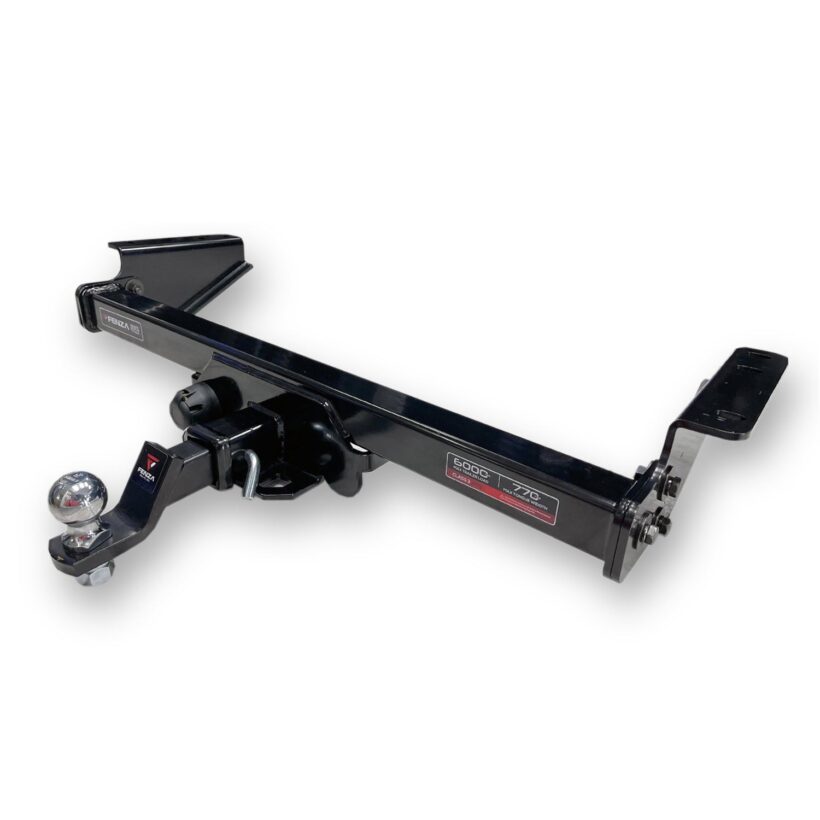
A Class III hitch is a popular type of trailer hitch used for mid-size towing. It has a 2-inch receiver and is commonly used to haul:
- Small boats
- Utility trailers
- Campers
- Bike racks
- Cargo carriers
Key specs of a Class III hitch:
- Gross Trailer Weight (GTW) capacity: up to 6,000 lbs
- Tongue Weight (TW) capacity: up to 600 lbs
Some models may allow even more when using a weight distribution system, potentially increasing GTW to 8,000 lbs and TW to 800 lbs.
Step 1: Check Your Vehicle’s Towing Capacity
Start with your owner’s manual or manufacturer’s website to find the maximum towing capacity of your vehicle. This is the total weight your car or truck can safely pull.
Important terms:
- Towing Capacity: How much your vehicle can tow.
- Gross Vehicle Weight Rating (GVWR): Max weight your vehicle can safely carry, including passengers and cargo.
- Gross Combined Weight Rating (GCWR): Max total weight of your vehicle plus a fully loaded trailer.
If your vehicle’s towing capacity is at least 6,000 lbs, it’s likely compatible with a Class III hitch—but that’s not the only factor.
Step 2: Determine Your Vehicle Type
Certain vehicle classes are more likely to handle a Class III hitch:
- Light-Duty Pickup Trucks (e.g., Ford Ranger, Chevy Colorado): Many pickup trucks are built to handle Class III towing.
- Mid-Size SUVs (e.g., Toyota Highlander, Ford Explorer): Often tow 5,000–6,000 lbs, making them a good match.
- Minivans and Crossovers: Some may qualify, but you’ll need to verify their specific towing specs.
Tip: If your vehicle is a compact car or small SUV, it likely isn’t designed for Class III towing and may only support Class I or II hitches.
Step 3: Inspect Your Vehicle’s Frame
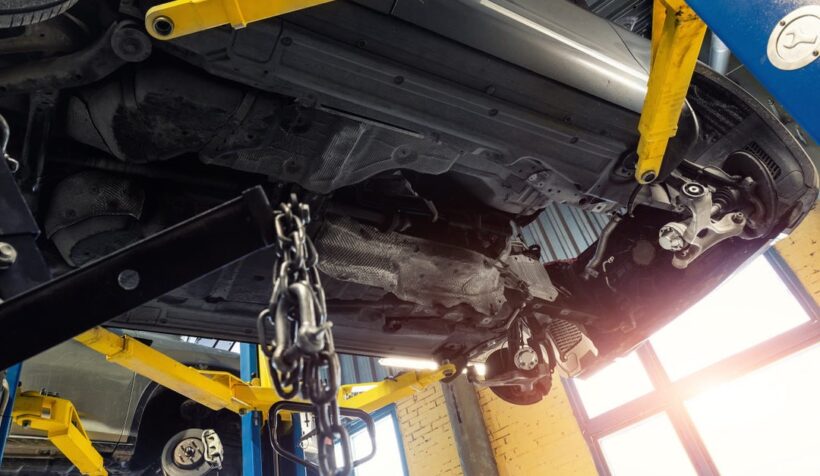
Class III hitches are frame-mounted for maximum stability and strength. Your vehicle needs a robust frame that can support this installation.
- If your vehicle has a unibody design (common in cars and crossovers), it might not support the added stress of a Class III hitch.
- Body-on-frame vehicles (like trucks and some SUVs) are usually better suited for Class III hitches.
Consult a professional if you’re unsure about your frame type or structural integrity.
Step 4: Check for a Factory Tow Package
Some vehicles come with a factory tow package, which includes:
- Upgraded suspension
- Heavy-duty radiator and transmission cooler
- Wiring harness
- Pre-installed hitch receiver
If your vehicle has this package, it’s likely built for higher towing capacity and may already support a Class III hitch. If not, you may need to install these upgrades to safely handle towing at Class III levels.
Step 5: Consult a Professional Installer or Mechanic
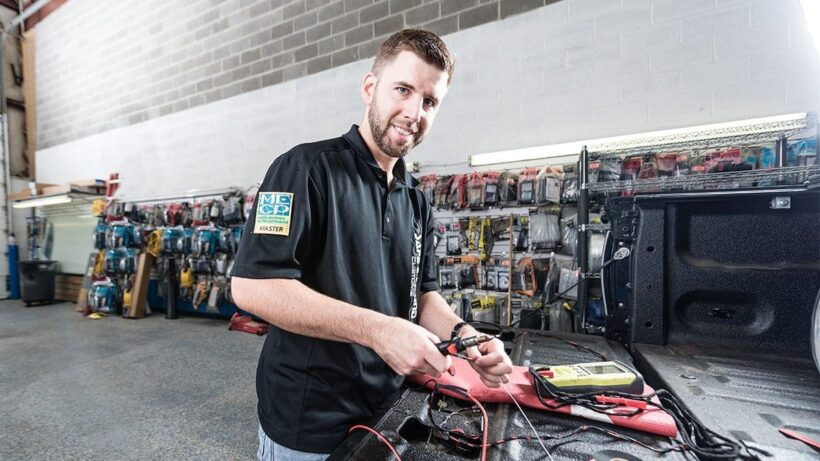
Even if your vehicle appears capable, it’s wise to consult a certified hitch installer or mechanic. They can:
- Verify your vehicle’s specs and frame structure
- Recommend the right hitch class and towing accessories
- Ensure proper installation that meets safety standards
Improper hitch installation can lead to handling issues, trailer sway, and even accidents.
Step 6: Consider the Trailer’s Weight
It’s not just about your vehicle—it’s about the actual load. Make sure:
- The fully loaded trailer (including gear and passengers) doesn’t exceed your vehicle’s towing capacity.
- The tongue weight (the downward force on the hitch) stays within your vehicle’s and the hitch’s rated limits.
Even if your hitch can handle 6,000 lbs, if your SUV’s towing limit is 5,000 lbs, that’s your cap.
What Happens if You Overload a Class III Hitch?
Towing more than your hitch or vehicle can handle can result in:
- Engine or transmission damage
- Reduced braking power
- Difficulty steering or stopping
- Increased risk of trailer sway or jackknifing
- Voiding your vehicle warranty
Play it safe. Always stay within the lower of the two limits—your vehicle’s or your hitch’s.
Weather and Terrain Influence Compatibility
Towing doesn’t happen in a vacuum. Roads aren’t always dry or level. Slippery roads, mountain grades, high winds, or unpaved routes add more strain on your vehicle. A car that might seem capable in perfect conditions may struggle under real-world demands.
Use caution if your planned route includes elevation shifts, off-road paths, or extreme temperatures. In harsher terrain, downgrade your towing expectations.
Brake Control Systems and Added Safety Gear
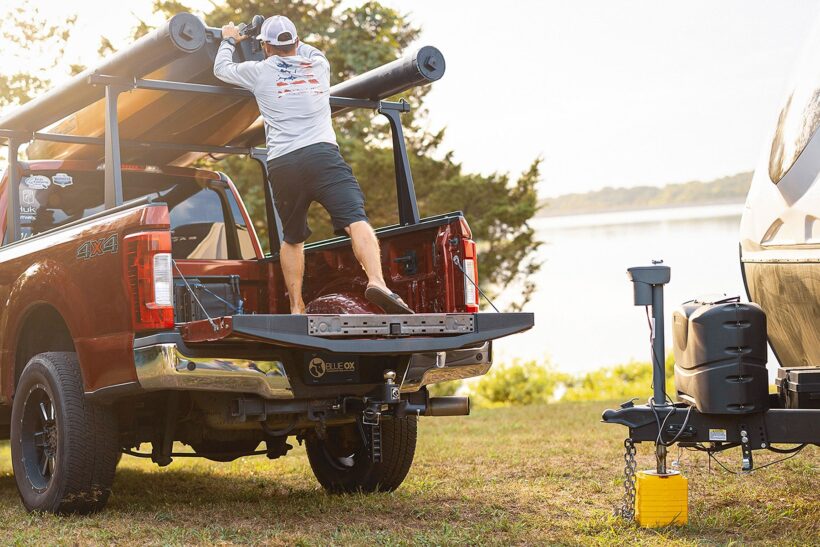
You may need a brake controller to help your vehicle manage the trailer’s stopping force. Class III setups often require additional wiring to sync the trailer brakes with your own. Safety chains, sway control devices, and trailer lighting adapters aren’t just add-ons.
They’re essential to meet road regulations and reduce risk. Always ensure your vehicle’s electrical system is ready to handle the power draw from extra components.
Conclusion: Know Before You Tow
A Class III hitch can be a versatile addition to your vehicle, but it’s not one-size-fits-all. To know if your vehicle can handle one, check: Your manufacturer’s towing capacity. Vehicle class and frame design. Presence of a factory tow package. Actual trailer and cargo weight.
Add two more steps: consider road and weather conditions, and confirm legal and insurance compliance. If you’re ever in doubt, consult a professional. Towing safely isn’t just about hauling more—it’s about protecting your vehicle, your passengers, and everyone on the road. Take every precaution. Know what your car can truly manage.

